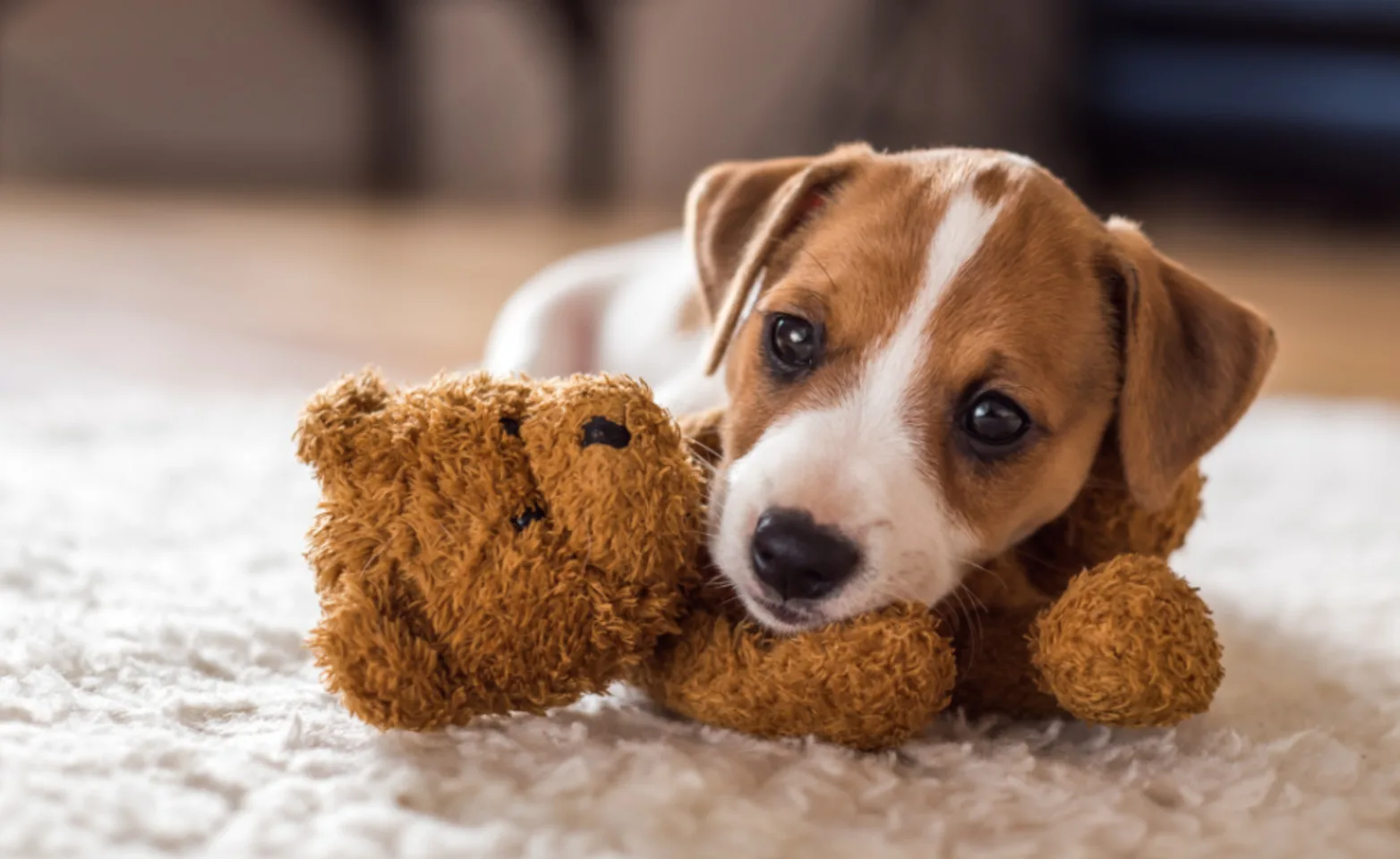Lathrop Veterinary Center
If your pet’s surgery was in the last 24 hours:
Offer a small meal tonight. Sometimes anesthesia can cause decreased appetite or nausea. If your pet vomits, withhold food and water until morning can call the hospital. If your pet is not interested in their regular diet, it is ok to offer a bland diet of boiled chicken (no skin/bones) or cottage cheese to encourage eating.
If your pet has sutures, these will need to be removed in 10 – 14 days.
Check incision daily for redness, swelling, or discharge.
Keep your pet in a confined area away from the other pets and children for a day. Do not place them in a high place (bed, sofa, etc.) Rest and sleep are essential for healing.
If your pet is painful please call our office and we can prescribe pain medications for your pet. DO NOT give aspirin, Tylenol, or Advil to your pet, these can be deadly.
Keep your pet in a clean environment that is quiet, warm, and dry. Indoors is best.
You must keep your pet from licking the incision and/or stitches. If your pet cannot be restrained from licking, we recommend an E-Collar. Please note that repairing any self-inflicted damage to the incision site will be at the owner’s expense
Restrict your pet’s activity. Leash walk dogs only, and discourage running, jumping, or rough play for 10-14 days.
Do not submerge your pet in water (bath, swimming, etc.) for one week, or until sutures are removed. If you must bathe your pet, please contact our office for special instructions
If your pet was spayed or neutered today:
Keep males and females separated. They may try to breed for several weeks after surgery. Neutered males can be fertile for up to 6 weeks after surgery. Spayed female dogs that were in heat can continue to have bloody discharge for a few days after surgery.

Please call Jules Veterinary Center if:
Your pet is not eating or drinking 24 hours after surgery
Your pet is vomiting more than 12 hours after surgery
Excessive swelling or discharge of the incision site
Your pet exhibits lethargy, fever, or pain
Please call us if you have any questions or concerns regarding your pet after surgery!
